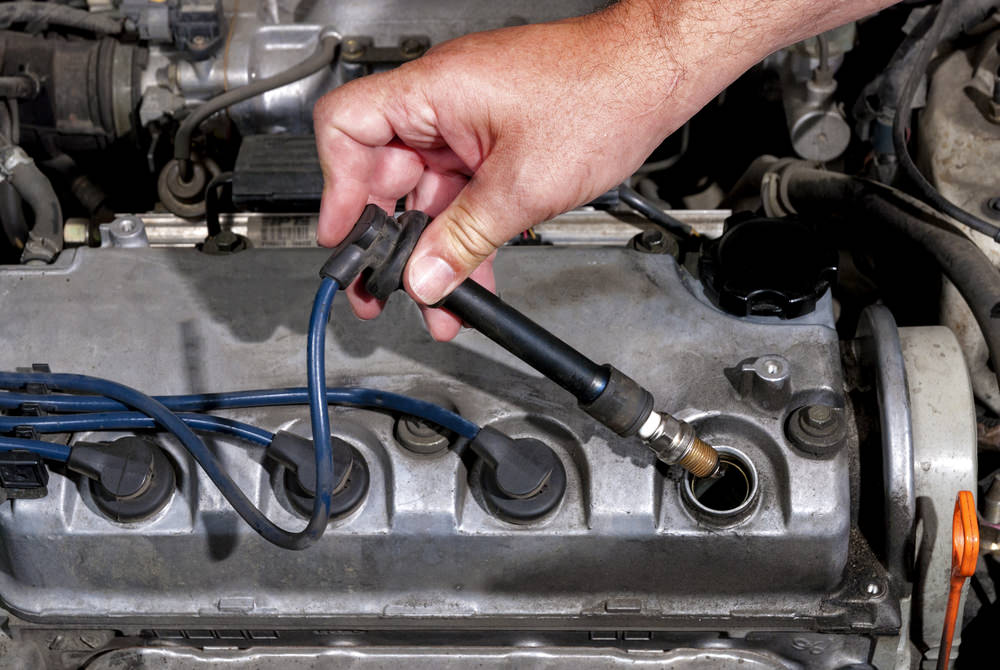

Spark plugs provide the electricity necessary for combustion to happen by igniting atomized fuel in an engine's cylinders. However, they need a constant supply of electricity to do that. This is the job of your spark plug wires. And, just like your plugs, the wires wear out over time. Once they begin to wear, the electrical charge sent to the spark plugs can be unreliable, which creates problems with engine operation, including rough idling, stalls, and other issues.
How often should you change spark plug wires
There’s no single rule that governs all vehicles. For one thing, your car might not actually have wires – many newer models don’t. These models use a coil on the plug instead, and coils can last a very long time. With that being said, modern spark plug wires can also last much longer than they once did.
Most of the time, your wires should last well beyond the 30,000 miles your copper spark plugs are rated for. However, there are other factors that can play a role in the timing.
Damage: It’s possible for spark plug wires to be damaged. If the insulation is compromised, or there’s an internal break, you’ll need to replace your wires even if it’s not yet time.
High Performance: High performance doesn’t always mean a long lifespan, and some types of high performing spark plug wires may need relatively frequent replacement (every 30,000 to 40,000 miles).
Increasing Resistance: Perhaps the best way to tell if your spark plug wires need to be replaced is to test their resistance. You’ll need an ohmmeter for this, and you’ll need to know what the wires’ original resistance was. Test each wire and look for resistance levels higher than when originally installed, as well as higher resistance in individual wires (which indicates a failed wire).
All that being said, the best option is to follow your mechanic’s advice about replacing your spark plug wires. While modern cars don’t need the regular tune-up service that carbureted cars did, they do need regular maintenance, and plug wires do eventually fail.



